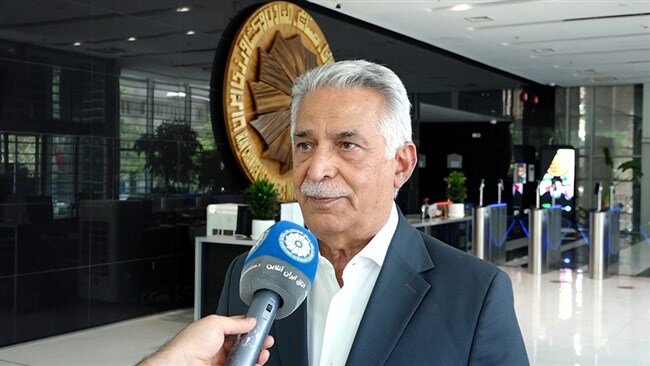Private sector poised for reconstruction after conflict

TEHRAN - Mohammad Reza Bahraman, deputy head of the Iran Chamber of Commerce, Industries, Mines and Agriculture (ICCIMA), said the country must draw on its full social capital in response to the damage caused by the recent 12-day conflict, which he described as an “extraordinary situation.”
Speaking to ICCIMA’s official news outlet, Bahraman stressed the need for a context-specific strategy to address the consequences of territorial violations. “When an abnormal situation like an invasion occurs, we must mobilize all our social capital,” he said, pointing to the solidarity of industrial producers as a key strength.
Private sector ready for reconstruction
Bahraman cited Iran’s skilled workforce as a major asset for post-conflict development. “The human capital and the private sector are fully prepared to engage in large-scale reconstruction. The government must also align its structures to support national development,” he said.
He urged the government and the three branches of power to work in unison to transform current conditions and harness the capacities of the private sector. He also underscored the pivotal role of the Ministry of Economic Affairs and Finance in shaping adaptive and timely policies.
War-affected businesses need immediate support
Referring to the damage sustained by businesses during the 12-day war, Bahraman called for short-term policy measures to mitigate losses. “Many enterprises were hit hard. With the right joint strategies from the government and ICCIMA, a large portion of these challenges can be addressed,” he said.
He specifically pointed to bounced checks from manufacturing units, a problem that arose due to disrupted financial systems during the war. Bahraman called on the Ministry of Economic Affairs and Finance and the Central Bank of Iran (CBI) to ensure that industrialists and traders are not penalized under bounced check regulations, given the exceptional circumstances.
Reducing bureaucracy and strengthening export infrastructure
Highlighting the need for faster export procedures, Bahraman stressed that the Ministry of Industry, Mine and Trade (MIMT) must simplify trade and production processes. “Cumbersome bureaucracy must be eliminated. The government should actively consult ICCIMA and economic associations to accelerate decision-making and implementation,” he said.
Bahraman praised the public’s cooperation during the recent crisis and called on the government to adjust its policymaking accordingly. He also urged parliament and the judiciary to define specific regulations tailored to the post-war recovery phase.
Call for foreign investment and economic coordination
“We need foreign investment now more than ever,” Bahraman stated, expressing hope that upcoming negotiations would pave the way for attracting new capital into Iran.
He also emphasized ICCIMA’s critical role in maintaining industrial continuity during the conflict. “In these 12 days, the chamber was instrumental in resolving key production issues promptly and providing practical solutions,” he said.
Bahraman concluded by urging broader involvement of business associations in post-war rebuilding. “We hope that during the reconstruction period, the role of ICCIMA, joint chambers, associations, and specialized commissions will be significantly strengthened so that we can achieve our development goals more effectively,” he said.
EF/MA
Leave a Comment